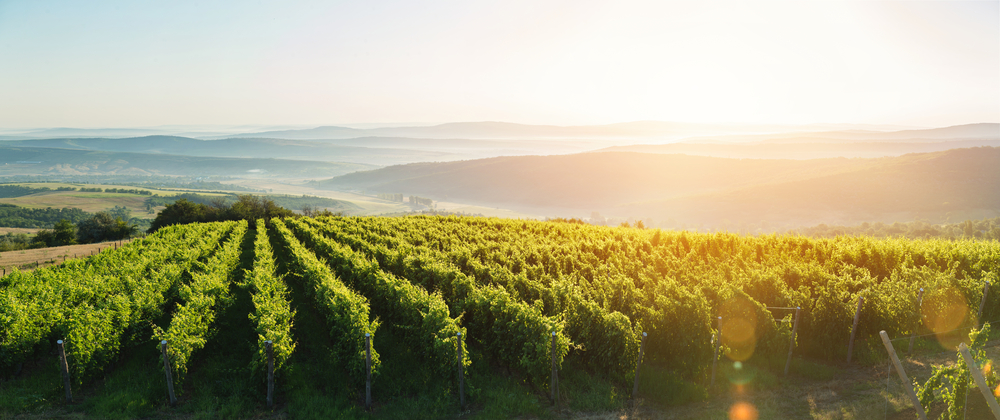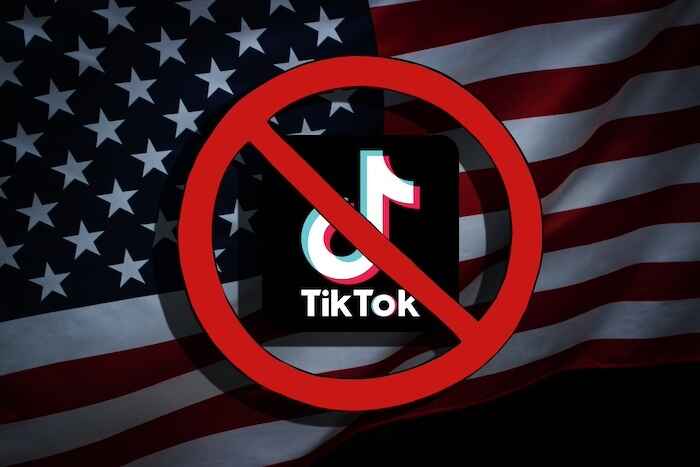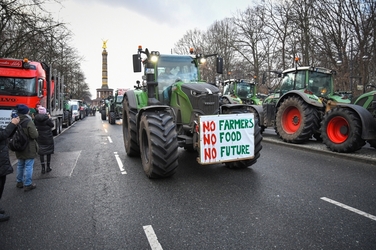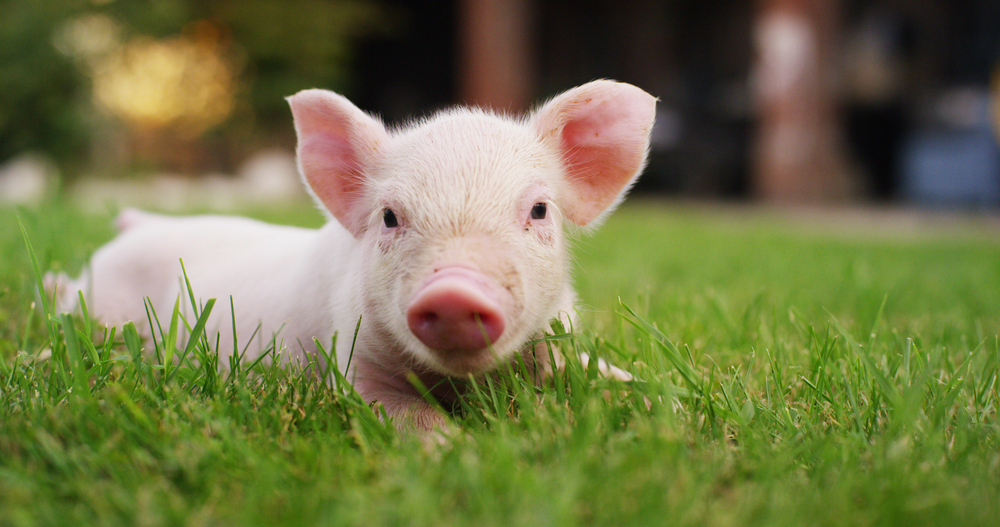Fighting for the Right to Grow a Business
Joel Salatin|January 18, 2021

I write a lot about all the regulatory idiocy I’ve come across.
So today, I thought it might do all of our hearts good to hear a success story.
Government regulations, as well as concessions, often follow the rule that “the squeaky wheel gets the grease.”
And when you’re running a business, it’s crucial to be able to define your business… what it can and cannot do and what’s worth fighting for.
Forbidden Love
As the wine industry got going in Virginia about 40 years ago, it created a concurrent trend: the on-farm event space.
People who enjoyed wine tours tended to not be folks who wanted to get married in a church. And vineyards created attractive tasting rooms along with outdoor patios amid beautiful settings.
What’s prettier than a well-kept vineyard?
As people began approaching vintners for wedding dates, local ordinances governing public assembly and events kicked back.
Zoning ordinances – the enemy of any freedom-loving community – that split the landscape between residential, agricultural, commercial and manufacturing generally did not recognize shindigs as part of agriculture.
Vineyards located in agricultural zones did not have the freedom to offer wedding services. That activity was considered commercial.
This battle became intense as vineyard owners fought for additional income streams. Eventually the vineyard owners formed a trade association, pooled their resources and went over the heads of the local bureaucrats… by going straight to the Virginia General Assembly.
They spent a couple of years lobbying, but eventually secured a state right to hold public events at their wineries.
This superseded the local agricultural zoning ordinances and literally launched vineyard event income.
Smells Like Freedom
At the same time as vineyards were fighting for their right to expand their businesses, large farms suffered from lawsuits about dust, odor and noise pollution.
As urbanites moved to the country and built houses next to factory chicken operations and confinement dairies, the odor alone prompted many nuisance suits.
In response, farmers got together and lobbied the General Assembly for a “right to farm” rule.
The rule said that in the normal course of farming, whatever a farmer did could not be considered a nuisance.
At this point, the wineries enjoyed a “right to events” and the stinky farmers enjoyed a “right to farm.”
All was well… until some enterprising Virginia farmers who were not vintners decided to create event spaces on their farms.
Often these were extremely small farms… but a host of animals, homemade crafts, and a properly restored and decorated barn attracted business for all sorts of gatherings: birthday parties, weddings, anniversary parties and even corporate retreats.
Suddenly these farm businesses found themselves in the same situation as the wineries a couple of decades earlier.
The same local ordinances that had applied to the wineries kicked in to criminalize gatherings at farms.
What Is a Farm?
The whole problem stemmed from how these local ordinances defined agriculture. It begged the question… “What is a farm?”
A century ago, a farm performed all sorts of economic activity within a community.
Two centuries ago, farms enjoyed even more diverse enterprises.
A visit to Williamsburg confirms that farms used to do everything from slaughtering to candle making and barrel manufacturing. Farms were hubs of economic activity.
But by the 1960s, when rural counties began adopting zoning ordinances, the segregation of these formerly integrated economic sectors was in full force.
These ordinances defined farms as places of production and nothing else. As a result, all the value-added enterprises enjoyed by our forebears were prohibited on farms: lumber milling, slaughtering, smoking meat, woodworking, etc.
Subconsciously, these ordinances codified the notion that farms were places of raw production only.
In effect, farmers were kept from the public and from providing additional value in their businesses.
Farmers who dared to host a birthday party, for example, were sued by zoning administrators for violating the agricultural ordinance.
Farmers couldn’t produce good times for people… They could produce only cows and corn.
The Right to Party
Taking the lead from the vintners of 20 years ago, a group of farmers (including me) got together and lobbied the General Assembly for relief.
A study committee convened, and we received a blanket “right to have events” on farms in Virginia just like the wineries.
My argument to the lawmakers was that it was grossly unfair for a winery to have the right to host a wedding… but if I had a farm that didn’t want to produce wine, I couldn’t host a wedding.
The question of the day became this: “Why should I have to produce wine in order to host a wedding?”
That argument won the day.
The state recognized that this enterprise was just as legitimate an agricultural pursuit as growing cows or corn.
To be sure, this story should have never developed.
Had zoning never been adopted, it would not have been an issue.
But it’s still nice to revel in a victory… and this was a sweet one that opened many businesses to additional sources of income.
Have pointless regulations gotten in the way of your business? Share your story at mailbag@manwardpress.com.

Joel Salatin
Joel Salatin calls himself a Christian libertarian environmentalist capitalist lunatic farmer. Others who like him call him the most famous farmer in the world, the high priest of the pasture, and the most eclectic thinker from Virginia since Thomas Jefferson. Those who don’t like him call him a bioterrorist, Typhoid Mary, a charlatan, and a starvation advocate. With a room full of debate trophies from high school and college days, 12 published books, and a thriving multigenerational family farm, he draws on a lifetime of food, farming and fantasy to entertain and inspire audiences around the world.





